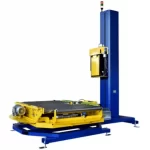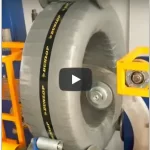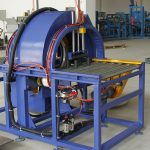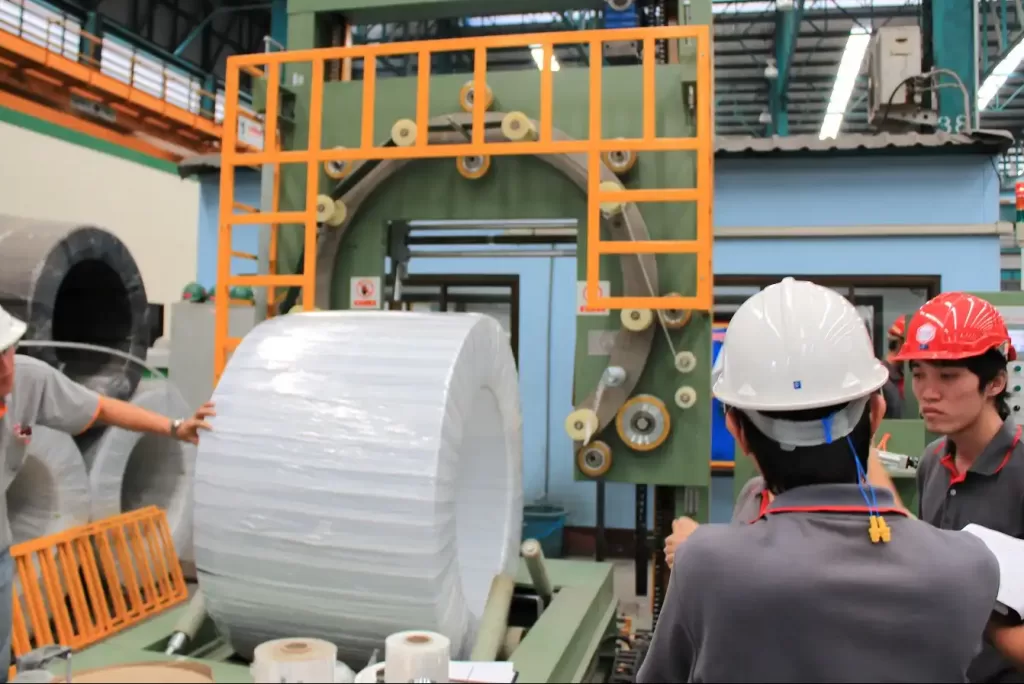
When it comes to investing in industrial equipment, such as coil wrapping machines, the stakes are high. From operational efficiency to long-term cost savings, the right choice can significantly impact your business. But how do you ensure that your decision aligns with your operational needs and budget constraints? The answer lies in asking the right questions. These questions not only guide your evaluation but also help uncover insights that standard product descriptions often miss.
Making an informed decision requires more than just understanding product specifications. It demands a comprehensive comparison that delves into performance, adaptability, and support. In this article, I’ll explore the key questions you should be asking to navigate this decision-making process effectively.
Your decision to invest in a coil wrapping machine may not be just about meeting today’s demands—it should align with future goals. Each question serves as a stepping stone, guiding you toward equipment that delivers maximum value for your operations. So, what are these questions, and how can they uncover the right solution for your business? Let’s begin.
[claim] The questions you ask during your evaluation can make or break the success of your coil wrapping machine investment.
1. How Does the Machine Adapt to Different Coil Sizes and Materials?
1.1 Why adaptability is crucial for your business
When dealing with industrial coils, variety is the norm rather than the exception. Materials range from aluminum to stainless steel, and sizes fluctuate depending on production demands. A wrapping machine that cannot handle these variations will likely create bottlenecks.
Adaptability ensures that your investment works across different scenarios, offering seamless wrapping performance whether the coil is lightweight or a heavy-duty product. Imagine the losses incurred if your machine can’t accommodate your growing range of requirements—such a scenario is avoidable if you assess adaptability upfront.
1.2 Key features to look for in adaptable coil wrapping machines
Adaptable machines often include adjustable wrapping mechanisms, versatile film tension control, and modular settings. These features enable the machine to perform consistently regardless of coil size or material. If these capabilities aren’t present, your operations might suffer from inefficiencies or poor wrap quality.
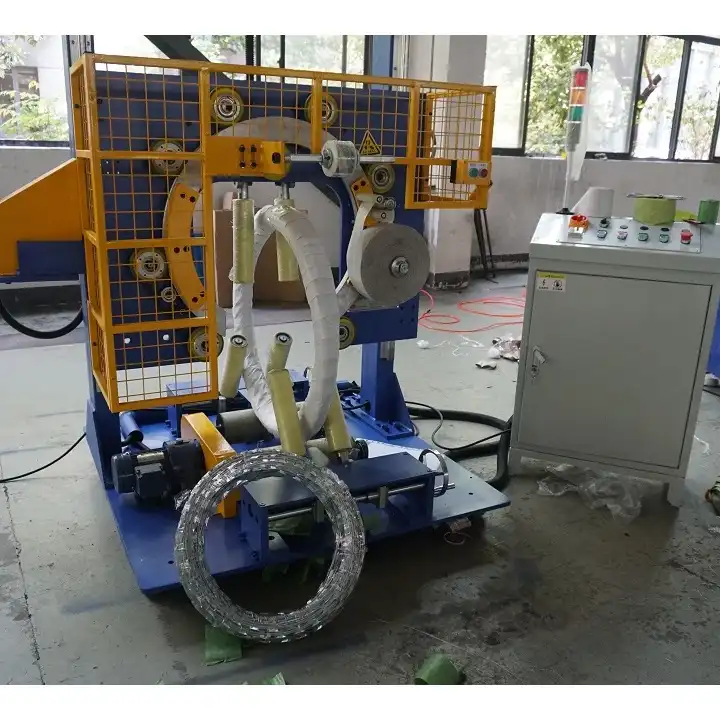
1.3 Dive deeper: What makes adaptability a game-changer?
Consider how the versatility of a coil wrapping machine affects its overall value. An adaptable machine not only reduces the need for multiple models but also minimizes downtime associated with manual adjustments. This kind of future-proofing becomes particularly significant as businesses expand their offerings or face unexpected material demands.
2. What Are the Maintenance Requirements and Long-Term Costs?
2.1 Why maintenance considerations matter
While the upfront cost of a coil wrapping machine is important, the hidden costs of maintenance and downtime often determine its true value. A poorly maintained machine can disrupt operations, leading to missed deadlines and increased labor costs.
Understanding the maintenance requirements before purchasing helps you prepare for the long-term investment. Key questions include the frequency of servicing, availability of spare parts, and the complexity of repair processes.
2.2 Features that simplify maintenance and reduce costs
Some machines are designed with maintenance efficiency in mind. Look for easy-access components, durable construction, and smart diagnostic tools that alert you to potential issues before they escalate. Machines with low maintenance demands often have higher uptime and lower operational costs over their lifespan.
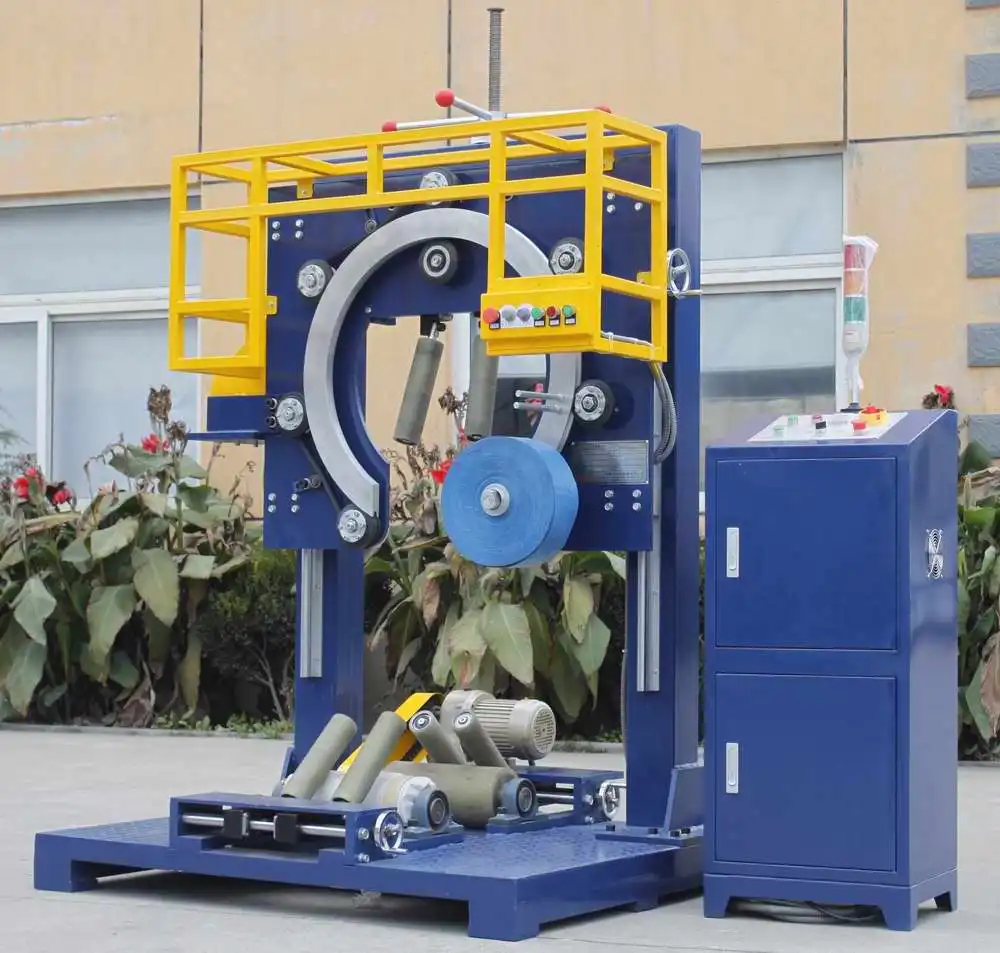
2.3 Dive deeper: How long-term costs impact ROI
Long-term costs go beyond maintenance fees. Energy efficiency, film consumption rates, and unexpected breakdowns all contribute to the total cost of ownership. A machine with slightly higher initial costs but lower operating expenses might be the more economical choice over time. Assessing these factors ensures your investment aligns with both immediate and long-term financial goals.
3. Is Automation a Key Feature in the Wrapping Process?
3.1 How automation enhances efficiency
In a fast-paced industrial environment, time is money. Automation in coil wrapping machines minimizes manual intervention, speeds up production, and reduces the likelihood of human error. For businesses handling high volumes of coils, automation is not just a luxury—it’s a necessity.
Automated machines streamline workflows by offering pre-set programs and adaptable cycles for different materials. This level of sophistication ensures that your operations stay efficient, even during peak production periods.
3.2 Features of a highly automated coil wrapping machine
Look for machines with programmable logic controllers (PLCs), automatic film feeding systems, and intelligent tension adjustments. These features work together to maintain consistency while reducing the need for constant supervision. Machines with remote monitoring capabilities add an extra layer of convenience, allowing operators to oversee processes from a distance.
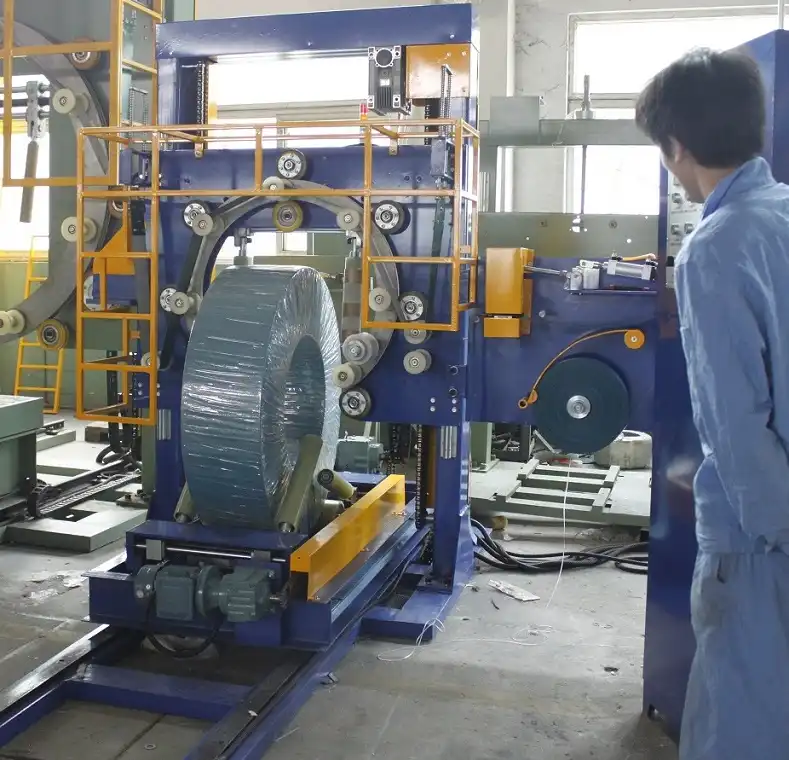
3.3 Dive deeper: The ripple effects of automation
The benefits of automation extend beyond the wrapping process. By reducing labor reliance, it frees up personnel for higher-value tasks. Automated systems also contribute to safer working conditions, as fewer manual interventions reduce the risk of injury. Moreover, consistent wrapping quality enhances customer satisfaction, reinforcing your reputation as a reliable supplier.
4. How Reliable is the Post-Sale Support?
4.1 Why post-sale support is a critical factor
Purchasing a coil wrapping machine is only the beginning. Reliable post-sale support ensures that the machine operates at peak performance throughout its lifespan. Without strong support, even minor issues can snowball into major disruptions.
Post-sale support includes timely assistance, training, and access to spare parts. Machines backed by responsive customer service and a comprehensive warranty program offer peace of mind and protect your investment.
4.2 What to look for in a manufacturer’s support system
A reliable manufacturer offers more than just a helpline. Look for value-added services like operator training, online troubleshooting guides, and regular maintenance programs. Proactive support, such as software updates and performance monitoring, can also prevent problems before they occur.
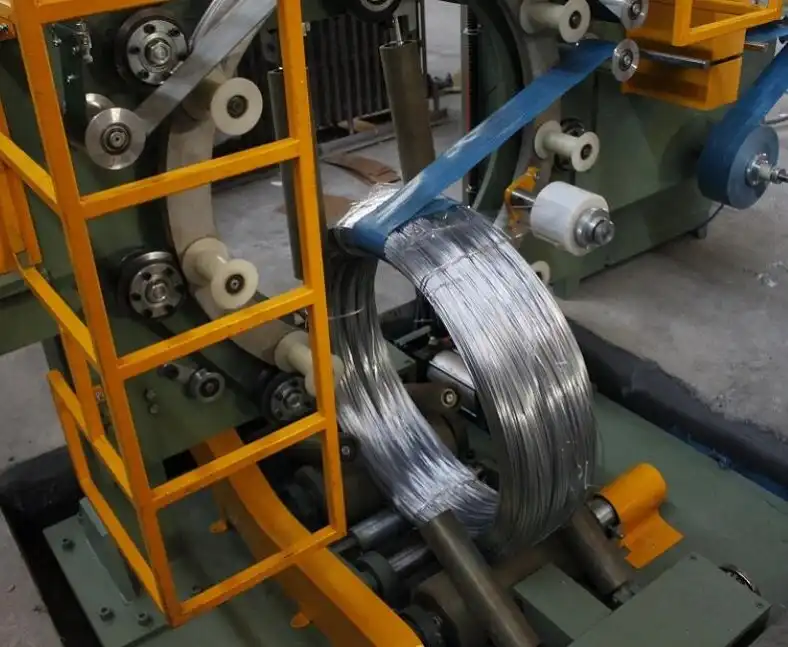
4.3 Dive deeper: Building trust through support
The level of support a manufacturer provides reflects their commitment to customer success. Transparent communication, fast response times, and comprehensive service plans distinguish exceptional manufacturers from the rest. Investing in a machine with robust support options minimizes downtime, ensuring your operations run smoothly even in challenging situations.
Conclusion
Investing in a coil wrapping machine involves more than comparing technical specifications. The right questions uncover critical details about adaptability, maintenance, automation, and support—factors that directly impact operational success and ROI.
[claim] By thoroughly assessing these aspects, you’ll not only choose a machine that meets your current needs but also one that grows alongside your business, delivering long-term value.
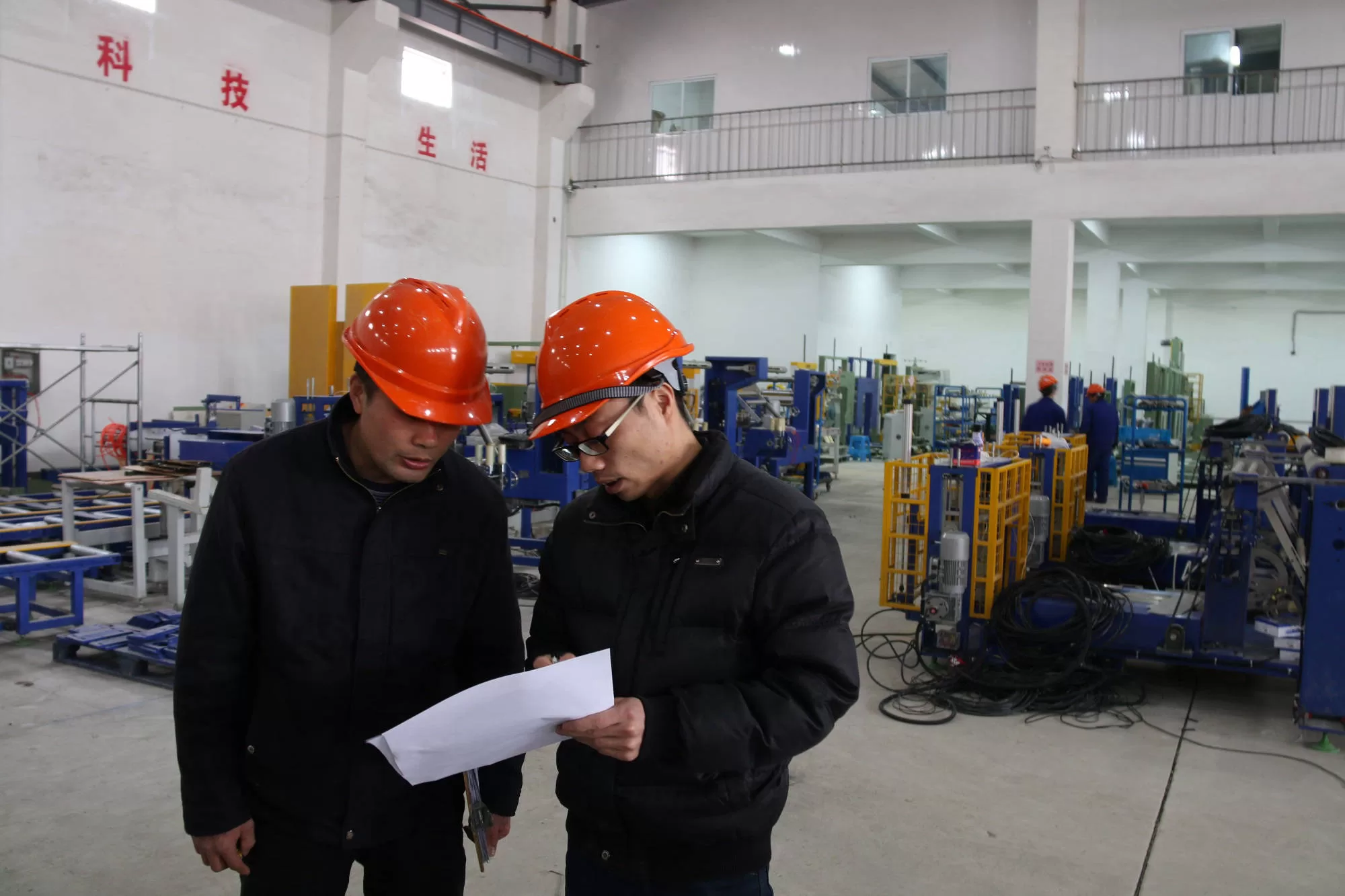
Get Your Best Solution !




